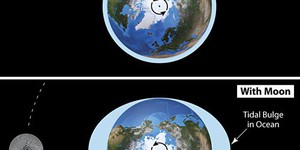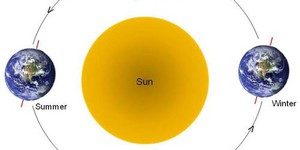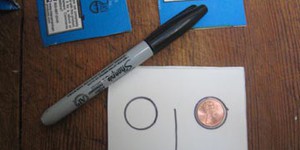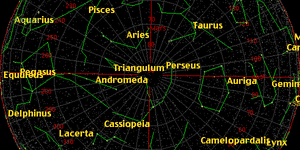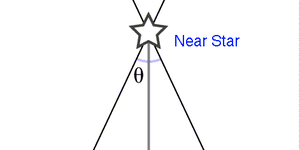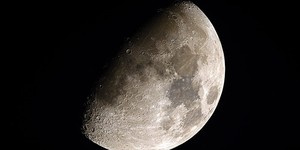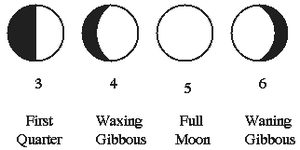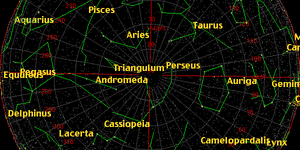Third Grade, Astronomy Science Projects (9 results)
Astronomy is science that will challenge your imagination. How many stars in a galaxy? How many galaxies in the known universe? How many strange worlds are out there on other planets, orbiting other stars, and what are they like? Is there life on planets besides Earth? The distances are mind-boggling; the numbers are immense.
|
Select a resource
Coding Projects
Sort by
|
Have you ever wondered what causes the tides in Earth's oceans? In this astronomy project, you will discover the answer for yourself! You will investigate how the Sun and Moon control tides in Earth's oceans.
Read more
Do you live someplace where you get to experience the full glory of all four seasons? If so, you know well the heady blossoms and dramatic skies of spring; the long, sun-drenched days of summer; the trees shaking in crimson and gold in fall; and the sparkling, brittle snows of winter. But you might not know why we have these seasons, over and over again, in a cycle as predictable as the rising and setting of the Sun. The reasons for the seasons are surprising and have to do with Earth's tilt…
Read more
New
Have you ever walked next to your favorite ocean, lake, or creek and seen plastic waste everywhere? Have you ever thought about how much plastic breaks down into microplastics and pollutes waterways? Scientists are coming up with new ways to remove these microplastics from our waterways, and now you can test them out for yourself at home.
Read more
How do astronomers collect stardust? They design and build satellites that are launched into space to collect particles on specially designed panels. Satellites can be sent to orbit around an object of interest: a planet, moon, or comet. In this experiment, you can build your own mini satellite and use it to collect some pretend stellar debris. If you simulate an asteroid impact, how much stellar dust will your satellite collect? Will placing your satellite at different "orbital" distances from…
Read more
Do you ever wonder how pirates sailed the seven seas? The two most important things a pirate could have (besides a parrot and big hat) were a compass and an accurate watch. Ancient navigators didn't know about compasses, so how did they know where they were going? Could they have used the stars to know which way to go?
Read more
Do you enjoy going stargazing? In a good location on a clear night, you can see a huge number of stars twinkling in the night's sky. Have you ever wondered how far those stars are from us? Ancient astronomers actually discovered a way figure this out, measuring the distance from Earth to faraway stars. How did they do it without modern technologies? In this astronomy science project you will find out by exploring the link between the distance of an object and perspective (also known as…
Read more
New
How do you feel right now? Do you remember how you felt a few hours ago? How about yesterday or last Wednesday? What if you could track your emotions throughout the day and use this information to help improve your mood and well-being? In this science project, you will program a simple, pocket-sized device that you can carry around with you to log your feelings whenever you want or on a specific schedule.
Read more
Sometimes a full moon can be so bright, you can walk around in the dark without a flashlight. How much brighter is a full moon than the other phases of the moon? How is the brightness of the moon measured?
Read more
Everyone loves looking at the full moon, but are these nights the best time to go stargazing? Can the moon interfere with certain astronomical observations?
Read more
Do you like to look up into the night sky? There are so many stars, it can be mind boggling! Some ancient people marked time by the changes in star patterns. We still use changes in constellation patterns to mark astronomical time. Do constellations change more in one hour, one day, one month, or one year?
Read more
Comets—big lumps of rock, ice, and frozen gases that orbit the Sun—are among the most amazing
heavenly objects seen in the night sky. The glowing tail behind the comet's nucleus inspires wonder.
But did you know that a comet's tail is evidence that it's melting? As a comet passes by the Sun on
its orbital path, it starts to melt. But do bigger comets melt faster than smaller comets? In this
astronomy science project, you will investigate how the size of the comet affects the…
Read more
|

